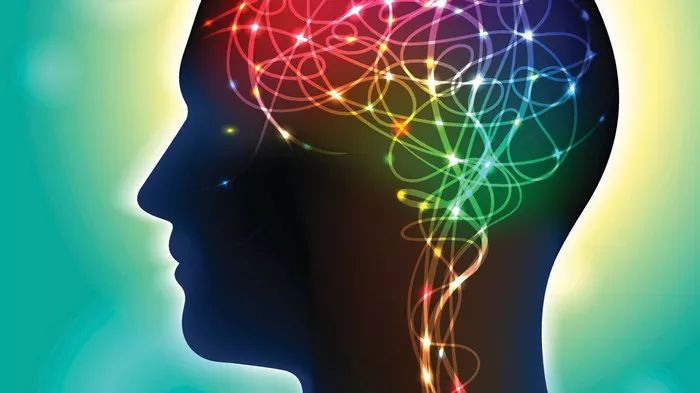In recent years, the pervasive influence of social media on relationships has become a significant topic of discussion among mental health professionals. Marital mental health, which encompasses the emotional and psychological well-being of couples, is increasingly affected by the ways in which social media platforms shape communication, trust, and self-esteem within relationships. A 2023 study published in the Journal of Marriage and Family found that excessive social media use is correlated with higher levels of marital dissatisfaction, particularly when one or both partners engage in behaviors such as comparing their relationship to others online or seeking validation through likes and comments.
One of the most pressing issues is the phenomenon of “social media jealousy,” where individuals experience anxiety or insecurity due to their partner’s online interactions. This can lead to conflicts, eroded trust, and even emotional infidelity, where one partner forms an intimate connection with someone outside the marriage through digital platforms. Therapists report a rise in couples seeking counseling for issues stemming from social media, with many expressing feelings of neglect or competition with their partner’s online persona.
Another concerning trend is the impact of curated online personas on marital happiness. Couples often compare their real-life relationships to the idealized versions presented on platforms like Instagram or Facebook, leading to unrealistic expectations and dissatisfaction. A 2024 survey by the American Psychological Association revealed that 62% of respondents admitted feeling pressure to portray a “perfect” relationship online, even when their private lives were struggling. This dissonance between reality and digital portrayal can exacerbate stress and mental health challenges within marriages.
Mental health experts recommend setting boundaries around social media use, such as designated screen-free times or open discussions about online behaviors. Couples who engage in joint activities offline, without the distraction of devices, often report higher levels of connection and satisfaction. Additionally, therapy approaches like cognitive-behavioral therapy (CBT) are being adapted to address the unique challenges posed by social media, helping individuals reframe negative thought patterns and build healthier digital habits.
As social media continues to evolve, its impact on marital mental health will remain a critical area of study. Researchers are calling for more longitudinal studies to understand the long-term effects of digital interactions on relationships, while clinicians emphasize the importance of fostering open communication and mutual respect in the face of these modern challenges.


